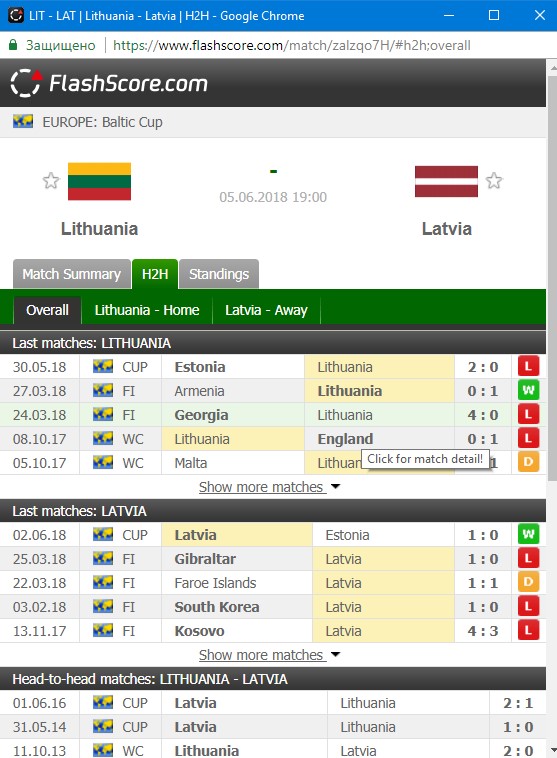
With Tiafoe and twin brother Franklin just a year old, Frances Sr worked furiously to impress and, from the 50 or so builders on the job, was rewarded with a role as the centre's maintenance man when it was complete.Įven with those two long shots coming in though, the family's existence was still precarious.Īs Alphina lived with relatives in a one-bedroom flat and worked night shifts as a nurse, Frances Sr quietly turned his long hours at the JTCC into 24-hour residence, taking his two sons with him.

Three years later and with family finances stretched, Tiafoe's father Frances Sr joined a construction crew working on the Junior Tennis Champions Centre (JTCC) - an expansive, expensive multi-court facility near Washington DC. With civil war deepening in her native Sierra Leone, Alphina tried her luck and was handed a route to a new life in the USA.

The scheme - formally known as the diversity visa program external-link - randomly allocates 55,000 visas to applicants from countries with low immigration rates to the United States. Frances Tiafoe, front left, with his twin brother Franklin, mother Alphina and father Frances Srīack in 1996, she was one of the fortunate few from the global millions to enter the United States' green card lottery. It begins, two years before he was born, with his mother Alphina.

Tiafoe is an outsider for the Australian Open, but his story - and that of his family - is of greater odds overcome and slim chances seized. It is a stark contrast to where the American spent many of his boyhood nights, sleeping on the floor of a spare office in Maryland alongside his father and twin brother.īut a young Tiafoe - now 21, 39th in the world, and preparing for an Australian Open quarter-final against second seed Rafael Nadal - felt fortunate bedding down in that three-metre-by-four back room, even before he knew it was the key to his future life.


 0 kommentar(er)
0 kommentar(er)
